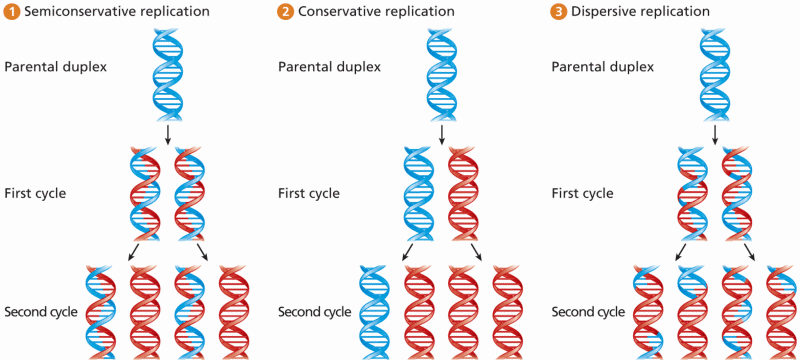Answer to Question 1
Answer: C
Explanation: A) Incorrect. Evaluating alternatives as they are proposed ensures that the first acceptable (though surely not optimal) alternative is chosen. This may save time, but it compromises the decision process. The best answer is that evaluation should not occur until all alternatives have been proposed. This ensures that the group does not settle for the first viable alternative.
B) Incorrect. Alternatives should take into consideration both short- and long-term consequences. The best answer is that evaluation should not occur until all alternatives have been proposed. This ensures that the group does not settle for the first viable alternative.
C) Correct. This ensures that the group does not settle for the first viable alternative in lieu of the optimal alternative.
D) Incorrect. Alternatives should build on one another. Bad ideas may become good ones if they are combined with or modified by other ideas. The best answer is that evaluation should not occur until all alternatives have been proposed. This ensures that the group does not settle for the first viable alternative.
Answer to Question 2
Answer: B
Explanation: A) Incorrect. The first recommendation (George's) was actually not accepted. The group went with the second recommendation. The problem was not explicitly definedthere is no indication that the team has discussed the specific reasons for the absenteeism. This led to the team discussing solutions prior to generating an accurate problem definition.
B) Correct. Problems should be explicitly stated so that any ambiguities in the definition become apparent. The problem was in fact not explicitly definedthere is no indication that the team has discussed the specific reasons for the absenteeism. This led to the team discussing solutions prior to generating an accurate problem definition.
C) Incorrect. Problems should be explicitly stated so that any ambiguities in the definition become apparent. The problem was in fact not explicitly definedthere is no indication that the team has discussed the specific reasons for the absenteeism. This led to the team discussing solutions prior to generating an accurate problem definition.
D) Incorrect. It is fact, not speculation, that more employees have been absent from work over the last six weeks. The problem was not explicitly definedthere is no indication that the team has discussed the specific reasons for the absenteeism. This led to the team discussing solutions prior to generating an accurate problem definition.







